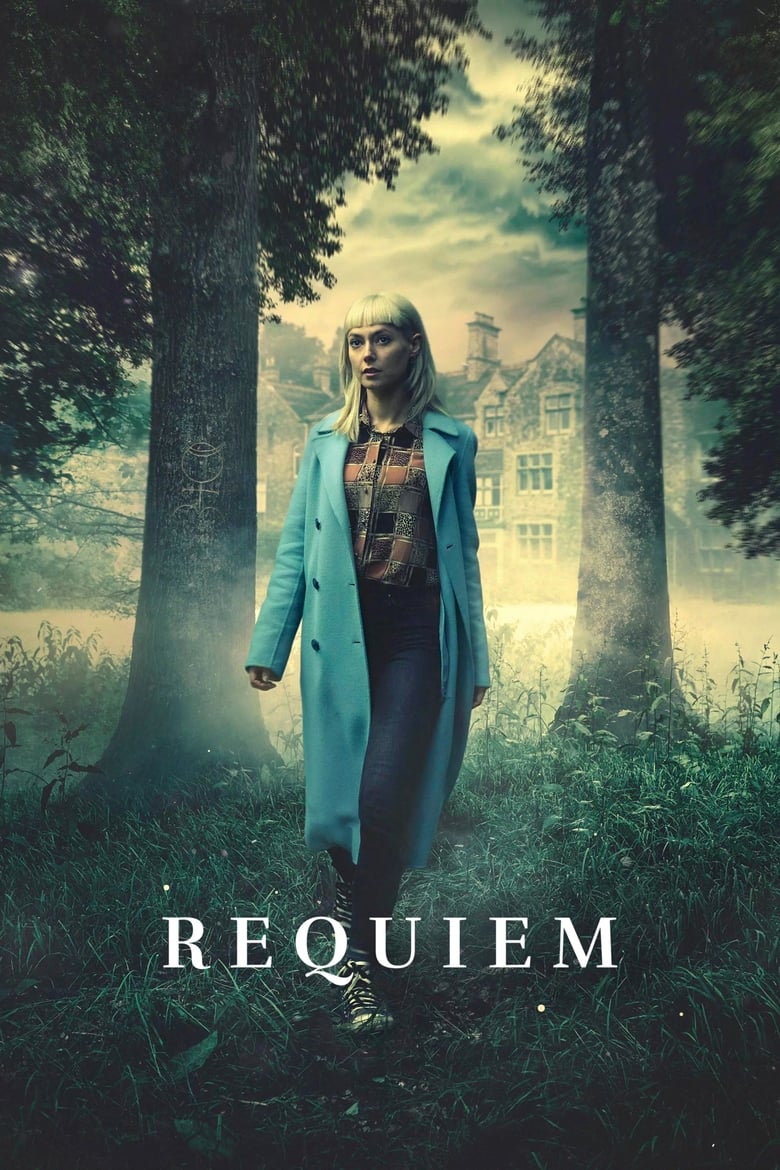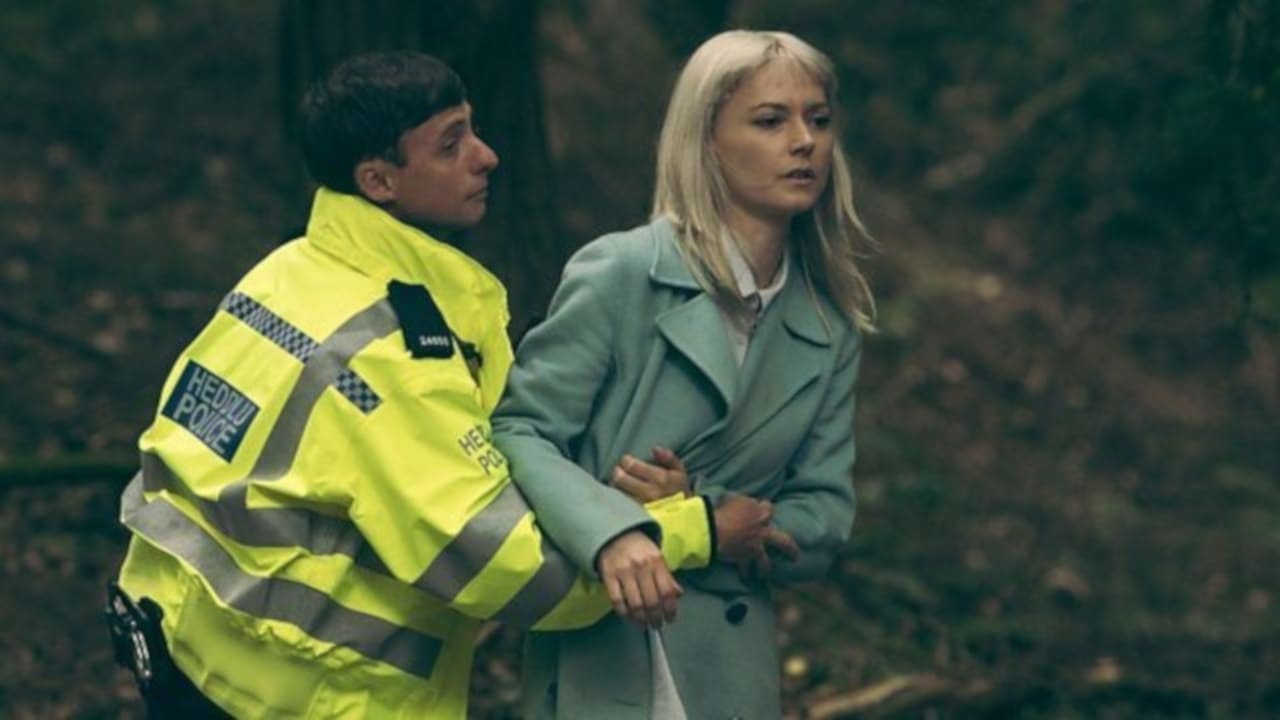
Requiem
In 1994, a toddler disappeared from a small Welsh village, never to be seen again. 23 years later, in London, the mother of rising cello star Matilda Gray commits suicide, without apparent reason. Among her possessions, Matilda discovers tantalising evidence, linking her mother to the Welsh girl's disappearance all those years ago.

Stephen Campbell@Bertaut
_**Clichéd and derivative nonsense**_
> _Even if we say we are not, we are all fascinated by the possibility of another dimension. The mystery of life is riveting. We are all searching for the answers to the Great Unknowns. It's a very human quest; why are we here? Where are we? We are always trying to explain and rationalise things – that's a human impulse. Science will take us to a certain point, and we're relieved about that. But then something else will leap out of the bottle, and we can't explain it. In_ Requiem_, Matilda is searching for her identity. But on a larger level, it's about_ _how we are all looking for our place in the universe._
- Tara Fitzgerald; "_Requiem_: The Cast Interviews"; _Ginger Nuts of Horror_ (January 24, 2018)
Matilda Gray (Lydia Wilson) is a talented cellist whose life is turned upside down when her mother, Janice (Joanna Scanlan), suddenly commits suicide. Whilst going through Janice's possessions, Matilda finds newspaper clippings reporting on the disappearance of a young girl from a small Welsh village 23 years earlier. With her best friend Hal Fine (Joel Fry) by her side, Matilda travels to Wales to try to find out why her mother was so interested in the case, and what she finds will cause her to call into question everything she thought she knew.
Requiem is not a very good show. The plot is utterly derivative, with writer Kris Mrksa stealing bountifully from everything ranging from Henry James's _The Turn of the Screw_ (1898), to Jack Starrett's _Race with the Devil_ (1975) to Robert Eggers's _The VVitch: A New-England Folktale_ (2015). Matilda fails to engender even a modicum of empathy. She's deeply unlikable, and shows little self-awareness as she harasses a child and a clearly mentally-unstable woman. And then there's the tonal _raison d'être_ - the "horror" of it all. Director Mahalia Belo is very much of the modern school of horror filmmaking; mix equal parts shallow focus camerawork, high contrast shadows, and unnatural noises, and finish with a garnish of implausible jump scares. Also Tara Fitzgerald, as antiques dealer and all-round weirdo Sylvia Walsh, appears to have forgotten how to act. The last twenty minutes of the last episode are pretty decent, and properly creepy, but by then it's far too late.
